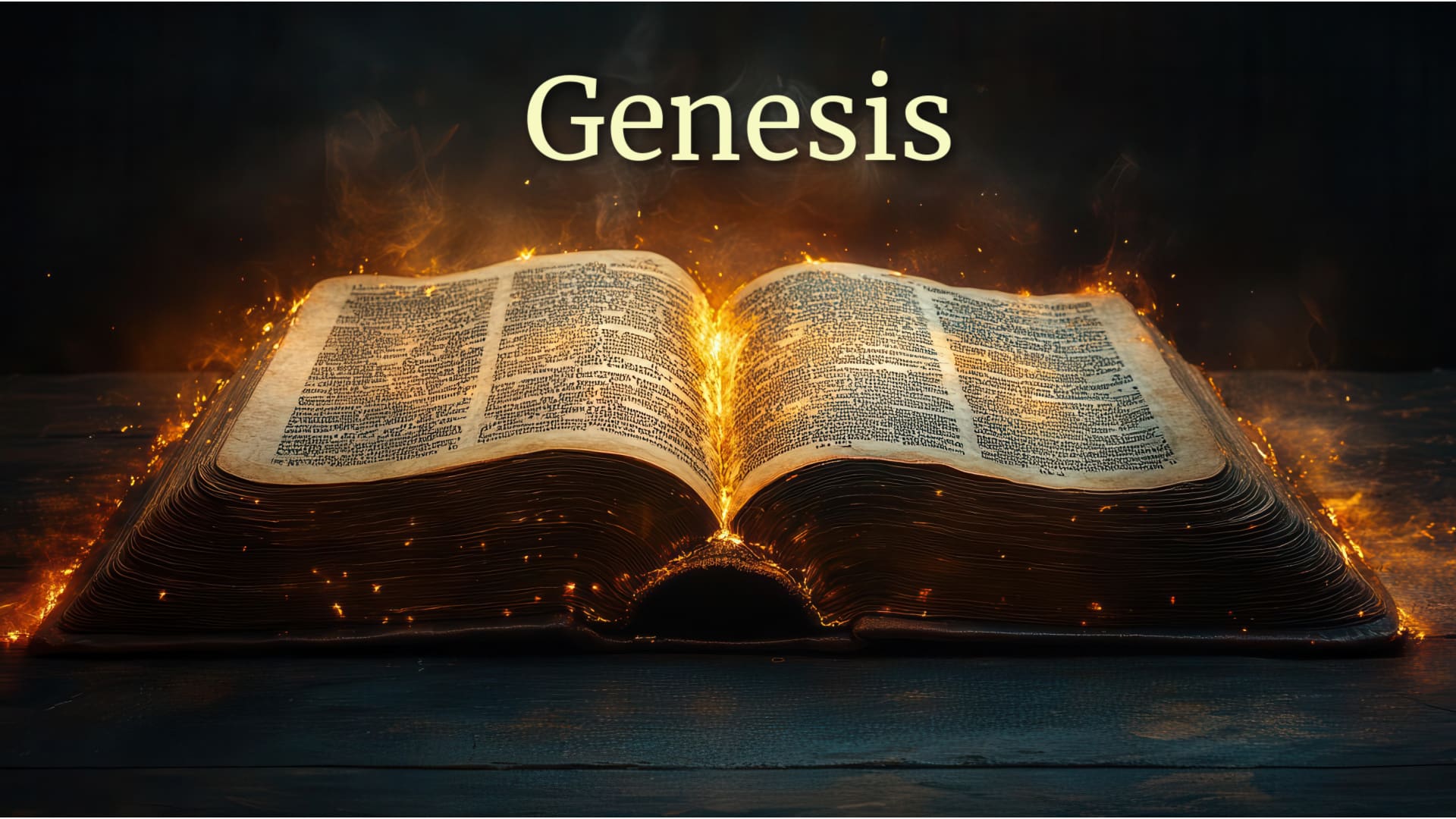
The Divine Incantation
Because you have done all this, cursed … Gen. 3:14-19
God is the first blesser. When something is blessed, like the original creation, it is empowered to function as God intended it to function. As surprising as it may seem, God is also the first curser. What we have in Genesis 3: 14-19 is a curse, an incantation. A curse is as powerful as the curser, and since God is all powerful, his curse is irrevocable. We are accustomed in our “enlightened” culture to think of curses and incantations as done by primitive witch doctors of the third world whose power is effective only over the ignorant. Scripture, in contrast, is fully aware of the power of words, either to bless or curse. Curses are directly associated with chaos and are not appropriate for the children of God. Still, God is the first curser, not Satan, not man. Again, evil can only imitate, operating with a borrowed power, for it has no real power base in creation, for it is not of God, and God did not create it.
It is critical here to understand what is being cursed and what is not. The actual word “curse” appears only in two places in the incantation. First it is in reference to the snake (v. 14). On a purely physical level, the snake, whatever its form before the curse, is now condemned to crawl on its belly, eating the dust. In this why it is etiological, explaining why we (especially women?) hate snakes (v. 15). On a spiritual level, the snake is the personification of evil, and therefore it is the demonic spirit possessing the snake (we know the snake in and of itself is good because God made it) that is cursed. This means that this arch-demon, whom we now identify as Satan, is perfectly cursed, and is irredeemable. This is because evil originated in it and it has become purely evil, and evil has become it.
The second occurrence of the curse is in verse 17 in reference to the earth. However, the context demands that we see a difference here than with the snake in verse 14. The earth did no wrong, indeed it could do no wrong, for it is has no power of choice. It is cursed as a punishment to Adam, who now must work it in toil, thorns, and thistles, and in the end, return to the dust from which he was made. This means that the earth is not cursed in a conclusive way and is therefore redeemable. The destiny of both man, and the ground from which he came, are necessarily linked. St. Paul in Romans 8:19-21 interprets this passage in a most beautiful way. Because the earth is cursed on man’s account, it will be redeemed with the redemption of man, for it was “subjected to futility, not of its own will …” He goes on to say that the earth, without its rightful and original glory, groans like a mother in labor in anticipation of its redemption.
Given what is said above, it is never appropriate to think that neither Eve nor Adam was cursed by God. If they were, they would be irrevocably damned. Rather, we need to understand that this incantation is complex; it is indeed a curse, but it is also a punishment in the context of the legal inquiry of the judgment scene in 3:8-13 when God comes upon them in the “cool of the day,” that is, the evening. There we see that punishment was already in effect, for Adam knew he was “naked,” and as we said earlier, nakedness means a diminished existence, a loss of original glory, which drove him to cover himself before the approaching God.
Takeaway: So many of our mortal ills, if not all of them, spring from God’s curses and/or judgements for sins not ours but our first ancestors.
Questions:
- What are the various ways in which we could react to the above statement?
- How do blessings and curses affected you in your life, and how do you tend to use them?
0 Comments